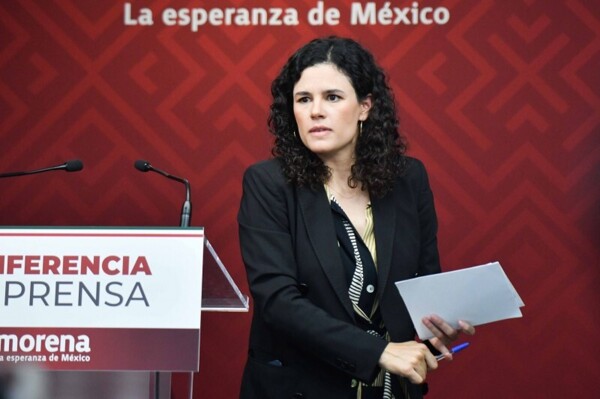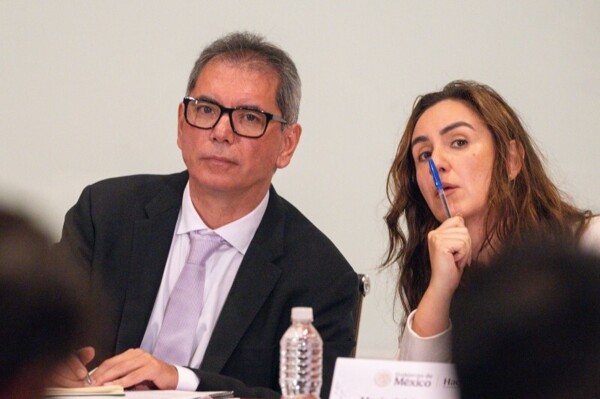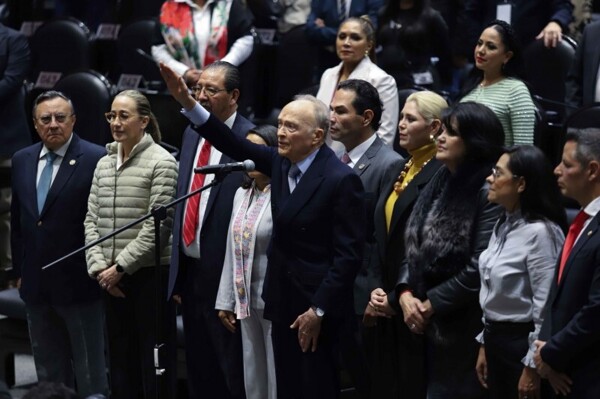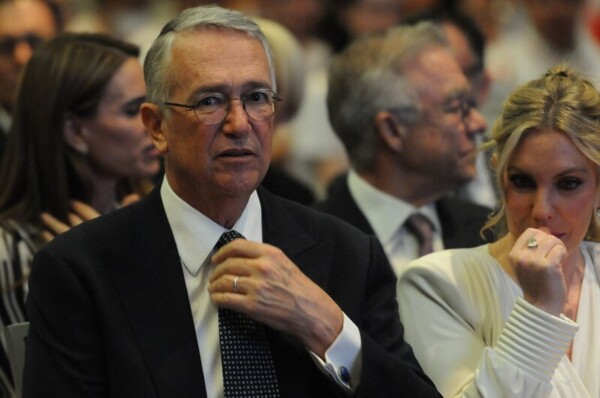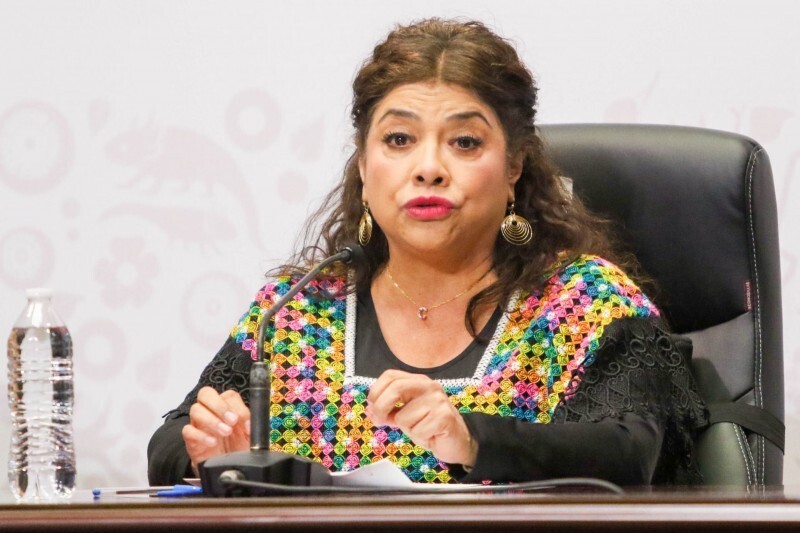
The government of Mexico City has led the first legislative meeting of the metropolitan area with the aim of starting to work on the "harmonization of laws" between the national capital and neighboring states such as the State of Mexico, Hidalgo, Morelos, Puebla, and Tlaxcala. They believe that some fundamental citizen demands require coordination and support from bordering states to find structural solutions.
In the area of security, for example, the need for collaboration between bordering states is highlighted, especially in those where there are shared borders, such as the State of Mexico and Morelos. In this context, the creation of the Secretariat for Planning, Territorial Ordering, and Metropolitan Coordination, led by Alejandro Encinas, is a step toward achieving effective metropolitan management.
The implementation of a metropolitan vision in various aspects of government management is one of the central promises of the current head of government of CDMX, Clara Brugada. This is reflected in the creation of five main commissions focused on mobility, water security, solid waste management, urban development, citizen security, and justice.
The coordinator of the majority party in the capital congress, Xóchitl Bravo, stated that the primary goal of this metropolitan agenda is to improve the quality of life for residents of the different states by forming legislative initiatives and modifications to current laws to promote joint projects.
Legislative representatives from participating states, such as the local deputy from Puebla, Laura Artemisa, have expressed their respective entities' willingness to carry out these legal harmonizations and develop a legal framework that supports the metropolitan agenda. The importance of addressing crucial issues such as water supply is highlighted, considering that Mexico City receives part of its supply from the State of Mexico.
It has been announced that the next meeting to follow up on these agreements will be held in Hidalgo, with the participation of all legislative representatives from the involved states. The search for concrete benefits for the population and territory remains the main driving force behind this metropolitan coordination initiative.











